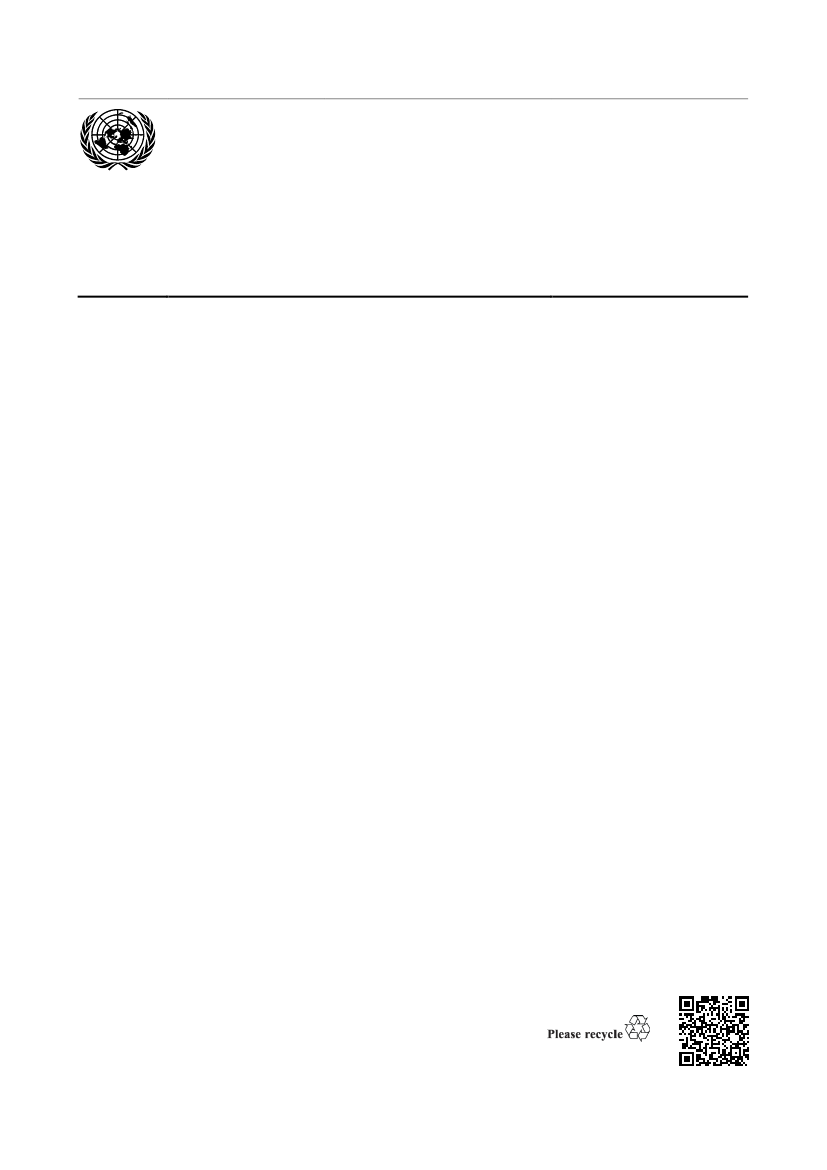
United Nations
CCPR
/C/113/D/2001/2010
Distr.: General
19 May 2015
Original: English
International Covenant on
Civil and Political Rights
Human Rights Committee
Communication No. 2001/2010
Views adopted by the Committee at its 113th session
(16 March–2 April 2015)
Submitted by:
Alleged victim:
State party:
Date of communication:
Document references:
Q (represented by the Documentation and
Advisory Centre on Racial Discrimination)
The author
Denmark
15 July 2010 (initial submission)
Special Rapporteur’s decision under rules 92 and
97, transmitted to the State party on 21 April
2010 (not issued in document form)
1 April 2015
Refusal to grant nationality through naturalization
Claim outside the scope of the Covenant
Right to equal protection of the law
Article 26
Article 2
Date of adoption of Views:
Subject matter:
Procedural issues:
Substantive issues:
Articles of the Covenant:
Articles of the Optional Protocol:
GE.15-10053 (E)